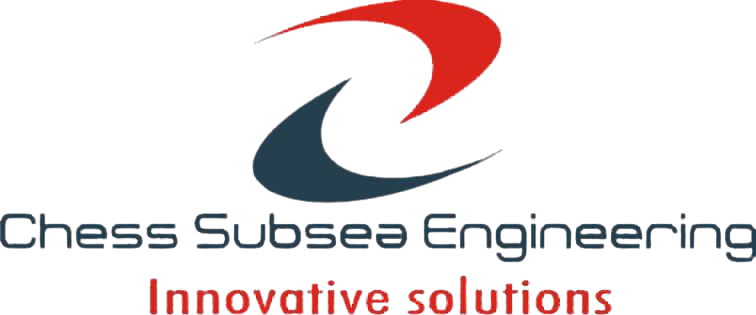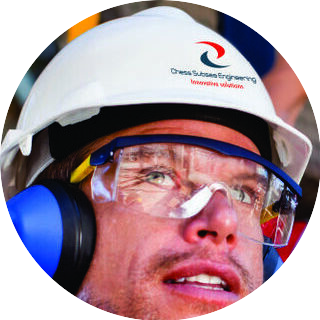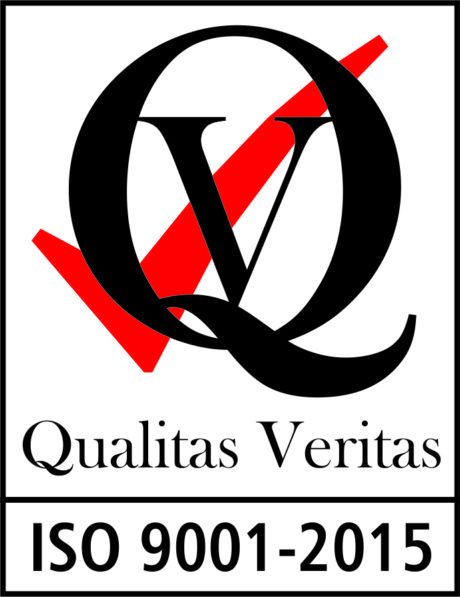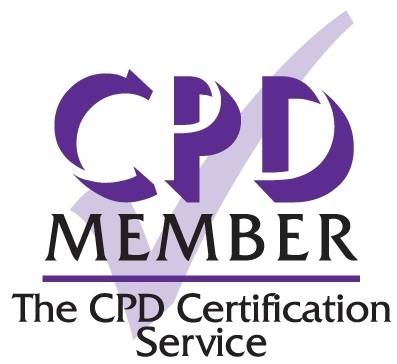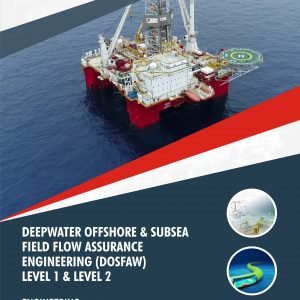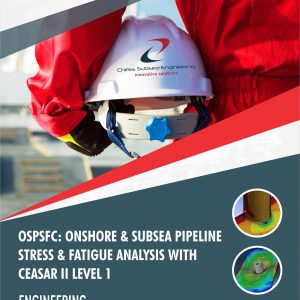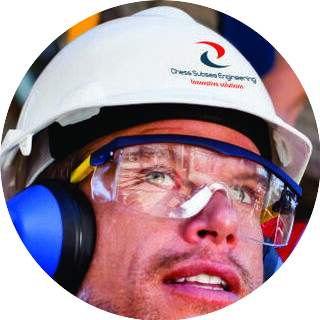Description
The HSOFE Level 1 & Level 2 course is designed to provide comprehensive training on the principles and applications of hydraulics in the context of subsea and offshore engineering.
This course covers the fundamental concepts of hydraulics, including fluid properties, pressure, flow, and control systems, with a specific focus on their relevance and implementation in subsea and offshore environments.
Participants will learn about the design, analysis, and operation of hydraulic systems used in subsea installations, including subsea control systems, blowout preventers, hydraulic power units, and remotely operated vehicles (ROVs).
The course progresses from Level 1 to Level 2, with Level 2 building upon the knowledge gained in Level 1. Level 2 delves into more advanced topics such as subsea umbilical systems, deepwater intervention, and hydraulic troubleshooting techniques.
Through theoretical lectures, practical exercises, and case studies, participants will develop a solid understanding of hydraulic principles and their practical application in subsea and offshore operations, equipping them with the necessary skills to perform effectively as field engineers.
Hydraulics for Subsea & Offshore Field Engineers (HSOFE) Level 1 & Level 2 covers Principle of Hydraulics, Schematics of Hydraulics etc.;Application of Hydraulic Systems i.e. Industrial, Mobile, Automobile, marine, Aerospace etc., Hydraulic Pumps, Types of Hydraulic Pumps etc.;Pump Lift, pump Pressure Regulations, Schematics of Pressure Regulations, Advantages and Disadvantages of Hydraulic Systems, Hydraulic Pumps, Classification of Hydraulic Pumps i.e. Non Positive & positive Displacement Pumps, Applications of Hydraulic Pumps, Gear Pumps i.e. External gear pumps, Lobe pumps, Internal gear pumps, Gerotor pumps etc, Vane Pumps i.e. Unbalanced, Balanced, Adjustable etc.,Piston Pumps i.e. Axial and Radial etc., Combination Pumps, Control Valves, Types of Control Valves i.e. Directional, Flow Control & Pressure Control, Mechanisms & Architecture of Control valves, Classification of Control Valves according to Number / Ways of Switching Position, Classification Based on Actuation Mechanism etc.;Flow Control valves, types of Flow Control Valves i.e. plug valve, butterfly valve, ball valve, balanced valve etc., Pressure Relief Valve,Types of Pressure Pressure Relief Valve i.e. direct types, unloading valves, sequence valve, counter balance valve etc., Pressure Reducing Valves, Graphyical Representation of Hydraulic & Pneumatic Elements, Standard Engineering Symbols Used for Ports, Hydraulic / Pneumatic Elements & Equipments, Service Units, Direction Control valves (DCVs), Direction Control Valve Actuation Mechanism, Non Return Valves, Flow Control Valves, Pressure Control Valves, Actuators, Case studies on design of Hydraulic Circuits and more
HSOFE Level 1 & Level 2 is aimed at anyone who wants to enhance their hydraulic skills and knowledge and is designed to give delegates a better working knowledge and understanding of fluid power systems. This course includes theory and case studies.
Course Outlines
Introduction to Hydraulic Systems
Principle of Hydraulics
Schematics of Hydraulics
Application of Hydraulic Systems
Hydraulic Pumps
Types of Hydraulic Pumps
Pump Lift
pump Pressure Regulations
Schematics of Pressure Regulations
Advantages and disadvantages of Hydraulic Systems
Hydraulic Pumps
Classification of Hydraulic Pumps
Control Valves
Types of Control Valves
Classification of Control Valves according to Number / Ways of Switching Position
Classification Based on Actuation Mechanism
Flow Control valves
Types of Flow Control Valves
Types of Pressure Pressure Relief Valve
Pressure Reducing Valves
Graphyical Representation of Hydraulic & Pneumatic Elements
Standard Engineering Symbols Used for Ports
Hydraulic / Pneumatic Elements & Equipments
Direction Control valves (DCVs)
Direction Control Valve Actuation Mechanism
Hydraulic Circuits Design
Subsea Field Hydraulic Sizing
Assessment
Participant underpinning knowledge of Hydraulics for Subsea & Offshore Field Engineers will be accessed with short answer multiple-choice questionnaire at the conclusion of the course.
Outcome
Participants will gain an in debt understanding of Hydraulics for Subsea & Offshore Field Engineers along with its architecture. They will also be able to function with minimum supervision as a Maintenance Engineers, Mechanics, Motormen, Service Engineers, Hydraulic Engineers, Chief Mechanics, Subsea Trainees, Assistance Subsea Engineers & Subsea Engineers for IOCs, Subsea Contracting & Deepwater Drilling Company.
Professional Certificate
Issued directly by Chess Subsea Engineering Europe.
Participant may be presented for Offshore Petroleum Training Organization (OPITO) Certification.
How to Register
Click here to download registeration booklet on msword and email completed booklet to info@chesssubseaengineering.org directly.
